Glycerin: The Dry Winter Skin-Saving Ingredient That's On Everyone's Radar This Year
Glycerin: The Dry Winter Skin-Saving Ingredient That's On Everyone's Radar This Year
Glycerin might as well be considered the puppet master of the skincare world. With its versatility, ultra-hydrating and skin-restoring properties, there’s a reason glycerin is used in most of your favourite skincare products. A 2016 study found glycerin to be the “most effective humectant” for skin hydration and strengthening the skin barrier. Natural sources of glycerin are found in plant oils and animal fats (synthetic-based glycerin also exists). Glycerol (aka vegetable glycerin) is the most common type of glycerin used in topical skincare products and is 100% plant-based. Check your labels carefully to ensure you’re purchasing vegetable-based glycerin if you want products that are vegan and cruelty-free (like Zensa Healing Cream) or to avoid lower-quality products that use a synthetic-based version of the ingredient.
Expert Tip: Zensa Healing Cream combines medicinal-grade calendula oil and grapefruit essential oil with humectants, such as glycerin and hyaluronic acid, aloe vera and moisturizing ingredients like sunflower seed oil (emollient) and shea butter (occlusive). These antioxidant-rich plant oils have an anti-inflammatory effect that, when combined with these other nourishing ingredients, attract water and lock in moisture to heal dry or cracked skin, improve signs of eczema and psoriasis and strengthen the skin barrier.
Read on to learn more about glycerin's benefits, uses and more.
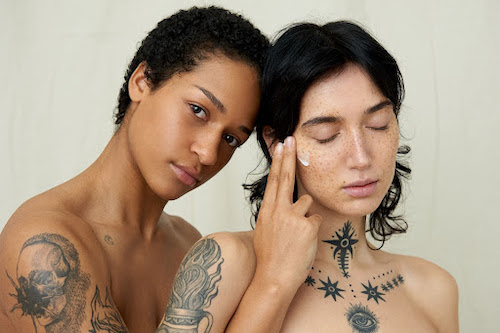
What Is Glycerin?
Glycerin is a thick, colourless and odorless sugar alcohol that has a syrup-like texture and a sweet taste. It can be derived naturally from animal fats or plant oils (soybeans, coconut oil or palm oil) and synthetically from petroleum. Almost all skincare products made with glycerin contain vegetable glycerin (also called glycerol), which is 100% vegan and derived from plant oils. Glycerin is a humectant (a substance that binds with water to draw hydration into the skin) that is non-comedogenic (or non-pore blocking) and suitable for all skin types.
Aside from its super-hydrating properties, glycerin is also known for strengthening the skin barrier and improving aquaporin functionality. Aquaporins are proteins that support the flow of essential hydration substances throughout the outer layers of the skin. A regular flux of these hydrating substances (including water) is essential to avoid dehydrated skin, especially in the winter or dry climates. In skincare products, glycerin can help products from drying out over time and helps with formula preservation.
Benefits of Glycerin For Skin
-
Ultra-Hydrating & Boosts Skin Moisture
-
Strengthens Skin Barrier
-
Anti-Aging Benefits
-
Suitable For All Skin Types (Including Sensitive or Acne-Prone Skin)
-
Soothes Symptoms of Eczema, Psoriasis and Similar Conditions
-
Aids In Wound-Healing
-
Brightens Skin Tone & Improves Uneven Skin Texture
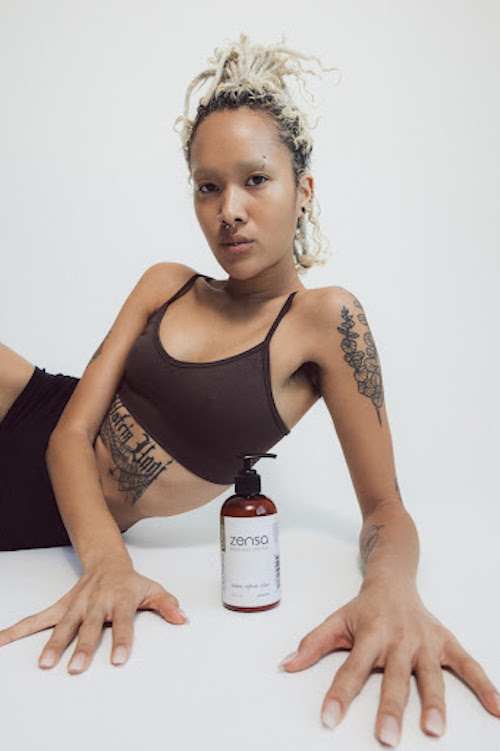
Ultra-Hydrating & Boosts Skin Moisture
In the skincare world, it’s difficult to find many (if any) ingredients more hydrating than glycerin. Its humectant properties draw water to the outer layers of the skin (the stratum corneum), from the deeper layers of skin to help balance oily or dry, cracked skin. Glycerin also helps prevent the evaporation of water and improves aquaporin function to reduce moisture loss and keep the skin hydrated.
Strengthens Skin Barrier
Glycerin’s moisture-preserving nature helps improve skin barrier function due to three distinct qualities: (1) hydrating the outer layer of skin to encourage ceramide production, (2) protecting against transepidermal water loss and (3) shielding the skin from potential irritants, such as UV rays and other environmental pollutants. This 2008 research study concludes that glycerin’s hydrating qualities improve skin barrier function and extremely dry skin (especially dry skin that occurs during the winter months).
Anti-Aging Benefits
This super-hydrator may be your secret to supple, more youthful skin. Glycerin boosts skin moisture levels and improves skin barrier function. These two benefits of glycerin help increase collagen production to promote skin elasticity and plump fine lines or wrinkles for a smoother, younger-looking complexion. Glycerin aids in slowing the skin’s aging process by protecting the skin from transepidermal water loss, UV rays and other irritants, which all can deplete your collagen and necessary hydration for optimal skin barrier function. This acts as a protective shield against free radical damage from the sun, dust and other environmental pollutants prevents dryness and other common causes of premature skin aging.
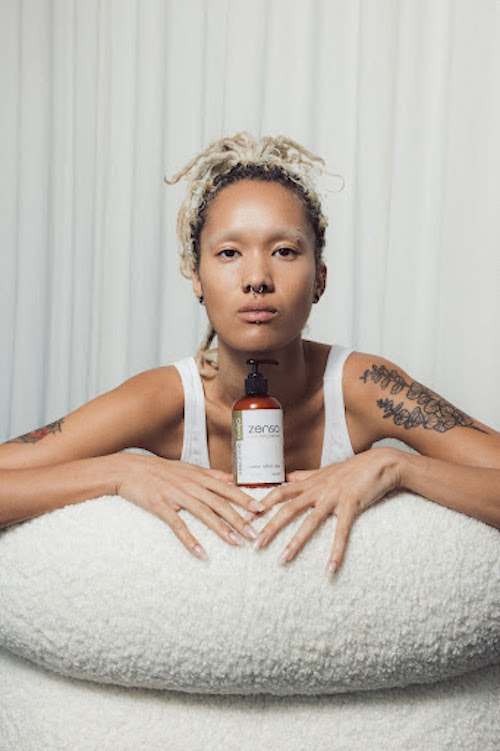
Suitable For All Skin Types
Glycerin is beneficial for all skin types and has no known side effects (unless you have a rare glycerin allergy). This humectant is universally well-tolerated - whether you have dry, sensitive or acne-prone skin. Glycerin is most highly recommended for individuals with very dry to dry skin (especially during the winter season or in a dry climate area). This lightweight ingredient acts like a sponge and provides intense hydration by attracting, locking in and circulating moisture throughout the upper layers of your skin.
These benefits of glycerin for the skin help relieve immediate symptoms of dry skin, including rough skin texture, redness, itchiness, or tight, cracked skin. Glycerin’s moisture-preserving properties help repair the lipid barrier to improve skin barrier function and promote long-term skin hydration.
Consider swapping out hyaluronic acid for glycerin when building your winter skincare routine and all year round if you have very dry or dry skin. Hyaluronic acid does not add but solely attracts water into the skin, so it could have the opposite results of its intended effect if applied to the skin when you’re in a dry, cold climate or have an extremely dry complexion. Glycerin, on the other hand, draws and locks in adequate moisture regardless of your environment to offer a boost of hydration without clogging your pores.
While primarily used to restore skin moisture, glycerin also benefits individuals with oily skin and can help improve acne-prone skin. Glycerin infuses moisture without adding oil to your skin and is non-comedogenic, so it won’t clog your pores. By supporting skin barrier function, glycerin facilitates collagen production. This process helps increase cellular turnover to remove dirt, excess oil and other impurities from your pores. Combined with its antimicrobial properties, glycerin can help control and reduce acne without drying out your complexion.
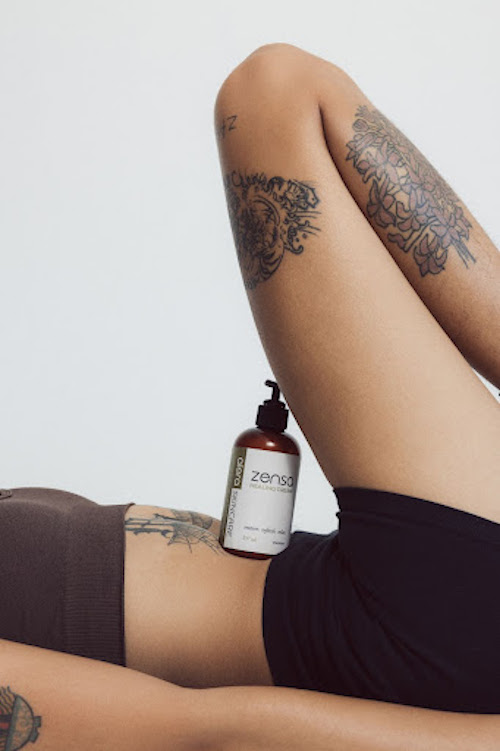
Soothes Symptoms of Eczema, Psoriasis and Similar Conditions
Eczema, psoriasis and rosacea are all autoimmune skin conditions that impair skin barrier function and worsen during the winter season. Dry, cold air or drastic weather changes can cause transepidermal water loss (TEWL), stripping the lipid barrier and generally weakening the skin barrier. A damaged skin barrier and a general lack of moisture are the primary causes of (eczema, psoriasis or rosacea) flare-ups. Dry, flaky or cracked skin and bumps, silver scales or open sores are the main symptoms of eczema, psoriasis and rosacea. Therefore, a strong skin barrier and ample skin moisture are essential for managing inflammatory conditions like eczema or psoriasis.
Some of the most common triggers for eczema flare-ups include cosmetic and environmental irritants, low humidity, cold climates and generally dry skin. Psoriasis is commonly triggered by extreme weather changes, particularly when temperatures drop and the air gets dry. Glycerin is known for its water-retaining and skin-calming properties, making it an effective ingredient to use when treating eczema, psoriasis, rosacea or sensitive skin prone to excessive dryness in the winter. Glycerin helps treat eczema (or psoriasis) flare-ups by blocking irritants, reducing inflammation and hydrating the skin (immediately and long term) to rebuild the lipid barrier – soothing itchiness or redness and healing dry, cracked skin.
Products, like Zensa Healing Cream, containing glycerin also satisfy the skin’s need for cellular renewal and support wound healing to repair open sores and soften any rough or leathery skin patches (lichenification). Zensa Healing Cream contains anti-inflammatory ingredients, such as calendula oil, avocado oil, aloe vera, sunflower seed oil, shea butter and glycerin, to soothe itchy or cracked skin and nourish dry winter skin to accelerate cellular regeneration and the wound healing process.
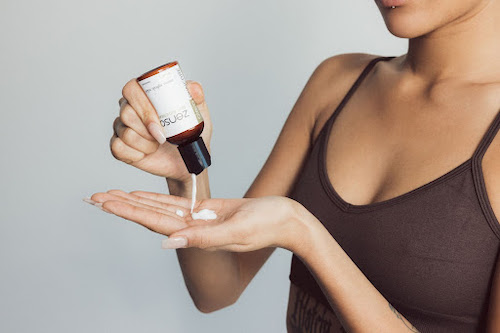
Aids In Wound-Healing
Glycerin is like liquid (yet colourless) gold when it comes to supporting the skin’s wound-healing process. It helps attract water and retain moisture to strengthen the skin barrier. A stronger skin barrier encourages higher cellular turnover to resurface the wounded patches with a fresh layer of healthy, well-hydrated skin. Glycerin’s mild exfoliating effect sloughs off dry or dead skin cells to accelerate cellular regeneration and prevent blocked pores. The ingredient also offers anti-inflammatory, anti-irritant, antiseptic and mild antiviral benefits to shield the skin from impurities to support the wound healing process. A 2009 study published by the Journal of the American Academy of Dermatology supported these findings with a double-blind study. The study found that glycerin improves the skin’s post-surgical wound-healing capabilities and reduces other skin concerns like dryness, swelling and cracked skin.
Brightens Skin Tone & Improves Uneven Skin Texture
Glycerin acts as a mild exfoliant to gently remove dead skin cells to help even out your skin tone and brighten your complexion. While glycerin does not directly target hyperpigmentation, the hydrating ingredient supports increased cellular turnover to decrease the appearance of dark spots, post-inflammatory hyperpigmentation (from acne marks) and other scars. Glycerin helps treat acne by reducing the dirt and oil trapped in your pores and has antiseptic properties to prevent infection that can lead to inflamed, bumpy or other uneven skin texture concerns.
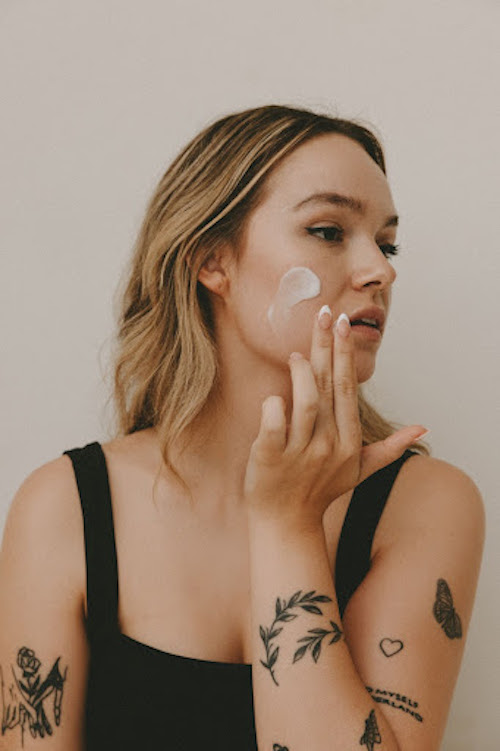
How To Use Glycerin For Skin
If you’re using pure glycerin on your face or body, make sure to dilute it with rose water or vitamin E before applying it to your skin. Glycerin is a humectant, which attracts water into the skin, so you reap the most skin-hydrating benefits when pairing glycerin with an occlusive moisturizer. Occlusives are oil-rich moisturizers with a low water content that lock in moisture and fill in gaps throughout the lipid barrier. Using a predominately occlusive ingredient (like shea butter or cocoa butter – glycerin is a humectant with some occlusive properties) helps seal hydration drawn into the skin by the glycerin and prevents transepidermal water loss during the winter when there is little to no humidity in the air. Here is everything to know about the different types of moisturizers and how to use each one.
Glycerin can be found in countless serums and moisturizers. When building your skincare routine, use your products in the correct order (cleanser, toner, serum, then moisturizer). Apply your glycerin-infused products accordingly. Combine glycerin with humectants, such as hyaluronic acid, tea tree oil, rose water and aloe vera, emollients including ceramides and sunflower seed oil (a rich source of vitamin E) and occlusives like coconut oil, shea butter, petroleum jelly (Vaseline) and avocado oil.
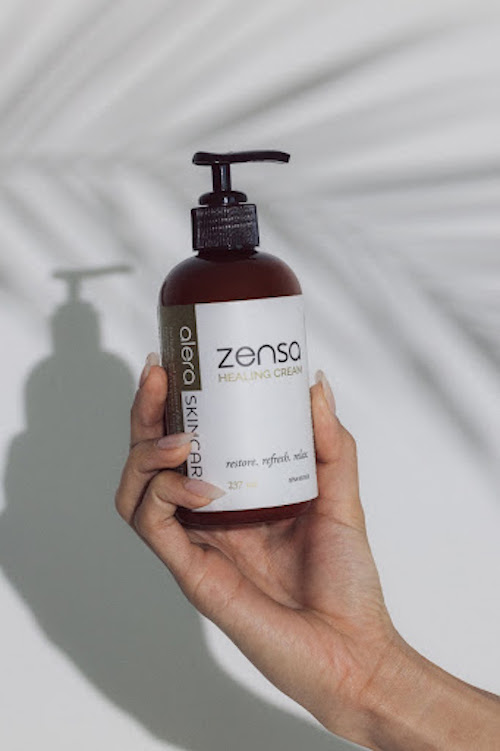
Zensa Healing Cream combines medicinal-grade calendula oil and grapefruit essential oil with aloe vera, glycerin, avocado oil, sunflower seed oil, shea butter and hyaluronic acid, among other nourishing ingredients, to heal dry winter skin and improve overall skin health. Our formula supports skin barrier function to manage eczema or psoriasis symptoms, aid in wound healing (from inflammatory conditions or during tattoo after-care) and minimize scarring for a calm and clear complexion.
